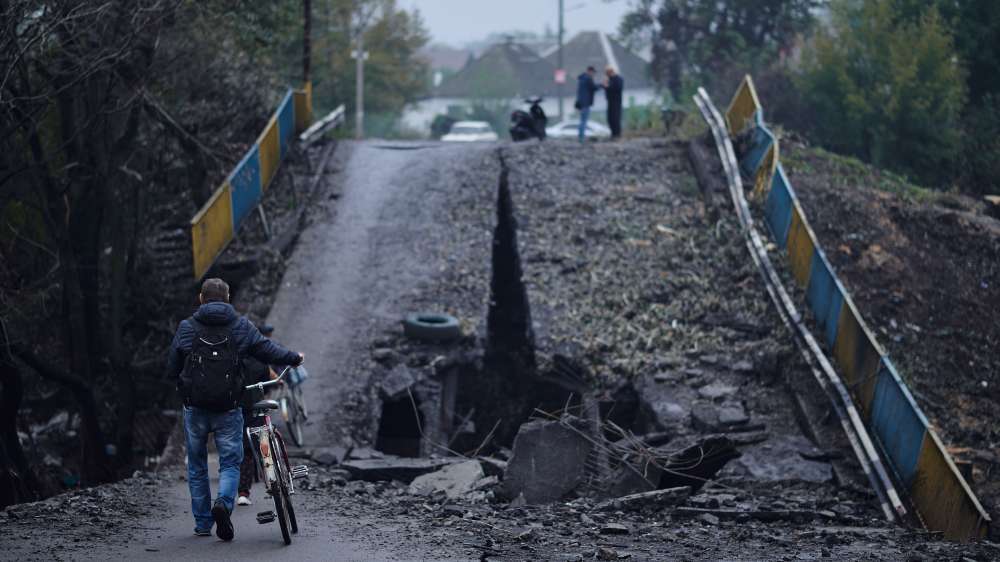“They Came to ‘Liberate’ Us and Left Us with Nothing”
Life Under Russian Occupation in Ukraine

What does life look like for Ukrainians who live under Russia’s occupation?
When Russia fully invaded Ukraine on February 24, 2022, its army occupied parts of Ukraine’s north, east and south, in addition to Crimea and the so-called Donetsk and Luhansk People’s Republics, which Moscow first occupied in 2014. Since then, Ukraine has recaptured large parts of its territory, but as of July 2024, almost one fifth of the country remains under Russian rule.
This research aims to shed light on the experiences of Ukrainians who lived through Russia’s occupation in the context of the full-scale invasion of 2022. Based on interviews, it takes as a starting point the views of those who were directly affected to learn how Russia has implemented its occupation – namely, through extreme violence and transformative politics – and how Ukrainians adapted to life under occupation.
Each of the stories presented here belongs to an individual and offers only a glimpse of the fear, horror and contempt felt by those who were thrown into a state of lawlessness, often cut off from basic supplies, lifesaving information and loved ones, and whose primary concern had to become survival.
In public discourse about Russia’s occupation, the territorial aspect of it – the number of square kilometers captured or won back – tends to take center stage, and there is value in measuring this. But the sharp end of occupation is felt by Ukrainians who populate these ‘spots on the map’. It is crucial to shed more light on these experiences and the human cost of Russia’s occupation practice.
The full study is available to download.
This publication was written as part of the project “The Consolidation of De Facto Regimes: A Comparison of Post-Soviet Cases” funded by the VW Stiftung and led by Andreas Heinemann-Grüder.
For further information about this research, please contact Julia Friedrich.







